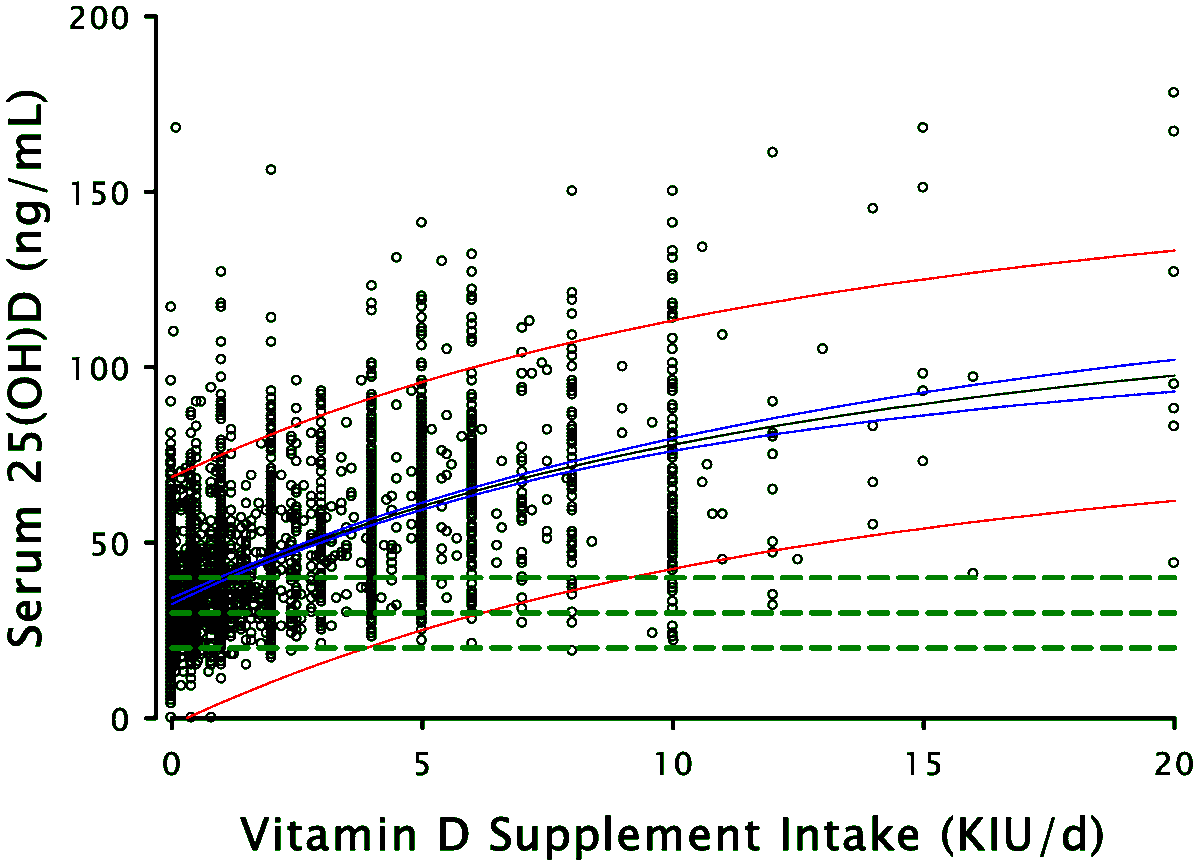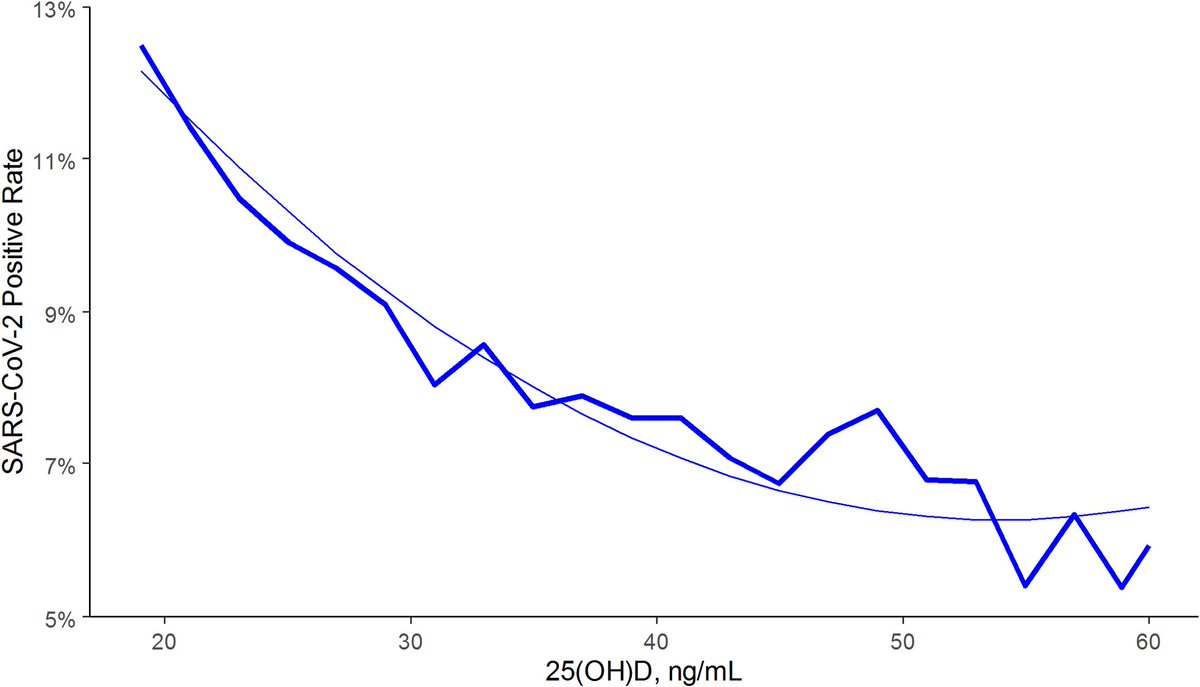
Founder of nonprofit https://t.co/3YFYC8TFCl
Investor in rejuvenation startups: portfolio on LinkedIn
Organizer of https://t.co/kzltxwwU9p
AI/ML Stanford PhD & ex-Google
How to get URL link on X (Twitter) App



 High level summary is science on both sides:
High level summary is science on both sides:
 Why is this important?
Why is this important?

 We want to estimate long-term benefit. What do these 2 short (relative to lifespan) 1-2yr studies tell us?
We want to estimate long-term benefit. What do these 2 short (relative to lifespan) 1-2yr studies tell us?

 Image is Fig 2: "Molecular pathways in the pathology of Covid-19 thought to be affected by vitamin D"
Image is Fig 2: "Molecular pathways in the pathology of Covid-19 thought to be affected by vitamin D"
 This 🧵 is an update & elaboration of a prior thread:
This 🧵 is an update & elaboration of a prior thread: https://twitter.com/KarlPfleger/status/1486565564671692804
https://twitter.com/LauraMinquini/status/1523619450926542848Qs for anyone skeptical of general feasibility of Longevity Escape Velocity:






 2/4 That makes 4 studies correlating low D to different measures of C19 severity: n=782 hospitalization vs. not, n=134 ICU/ITU vs not, n=186 lung CT severity, & n=235 death & CDC severity criteria. Taken together, this evidence suggests that low D worsen C19 at multiple stages.
2/4 That makes 4 studies correlating low D to different measures of C19 severity: n=782 hospitalization vs. not, n=134 ICU/ITU vs not, n=186 lung CT severity, & n=235 death & CDC severity criteria. Taken together, this evidence suggests that low D worsen C19 at multiple stages.